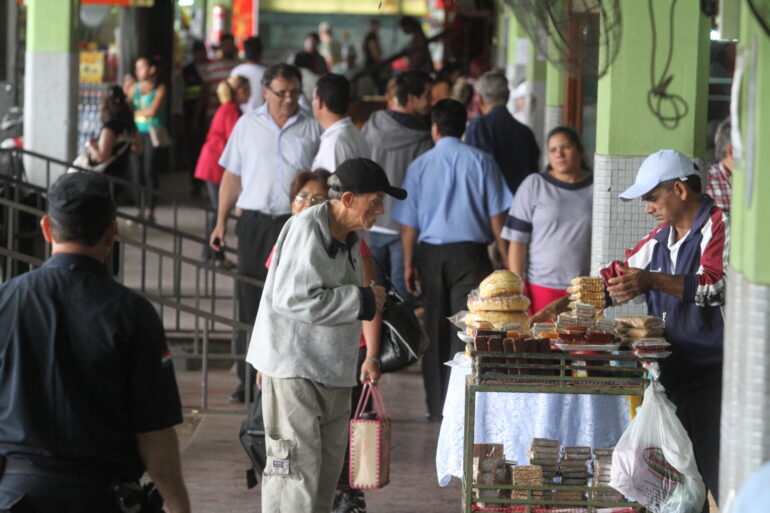Four key recommendations are given to Paraguay in a new World Bank report, with the aim of achieving inclusive growth and reducing persistent poverty levels. The four key recommendations relate to investing in human capital, creating quality jobs, strengthening the fiscal system, and increasing climate resilience.
The new World Bank report, “Paraguay: Strategies for Promoting Inclusive Growth and Reducing Poverty,” acknowledges the significant progress the country has made in improving the well-being of its population.
The report states that poverty rates have significantly decreased, from 51.4% in 2003 to 24.7% in 2022, thanks to inclusive economic growth and effective social programs. However, it also notes that the pace of poverty reduction has slowed in recent years.
Additionally, major challenges remain in terms of inequality and vulnerability to external shocks, emphasising the need for strategic actions to maintain and accelerate the progress achieved.
In this regard, the new World Bank report outlines four key recommendations for the country:
First, invest in human capital, assuming that improving the quality of education and ensuring equitable access to education are critical for Paraguay’s future. It recommends prioritising early education, addressing educational disparities in rural and indigenous communities, and aligning training with labor market demands. These are “crucial steps for developing a skilled and competitive workforce,” it states.
Second, the report advocates for creating quality jobs, asserting that increasing productivity and creating quality jobs are essential for improving incomes and reducing vulnerability. “This entails supporting micro, small, and medium enterprises (MSMEs), fostering innovation, and attracting investments in strategic sectors that can generate jobs with better wages and benefits,” it states.
Additionally, it recommends strengthening the fiscal system by making it more progressive and broadening the tax base to finance key social investments. “Simultaneously, expanding and improving the targeting of social protection programs can help reduce vulnerability and promote economic mobility,” it indicates.
Finally, the World Bank report suggests increasing climate resilience, given Paraguay’s vulnerability to extreme weather events. Investing in climate-resilient infrastructure, developing early warning systems, and supporting adaptation in key sectors like agriculture is essential.
The report also highlights the importance of addressing persistent inequalities, particularly gender, geographic location, and ethnicity, to achieve inclusive development.


